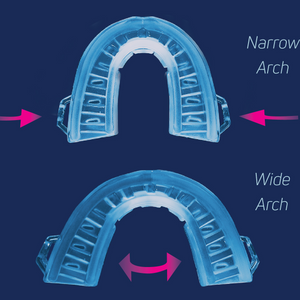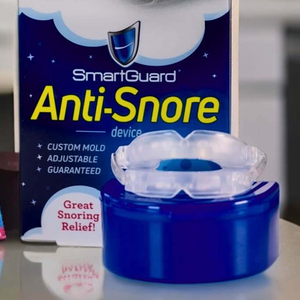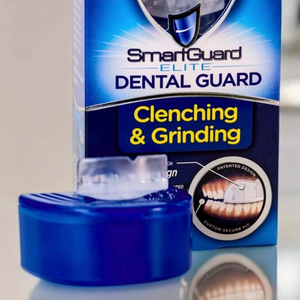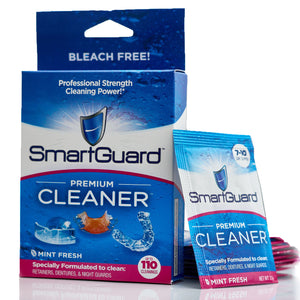Jun 16, 2023
How to Prevent Snoring and Get Your Best Sleep
Snoring and sleep apnea are two very common sleep disorders that affect millions of people. While snoring is disruptive to a partner and sometimes to the snorer, sleep apnea can be a more serious health concern. Fortunately, there are several preventive measures that can be taken to minimize the risk of snoring and sleep apnea.
LIFESTYLE AND OBESITY ARE BIG FACTORS
One of the first things to do is to adopt a healthy lifestyle. This includes maintaining a healthy weight, exercising regularly, and eating a balanced diet. Obesity is one of the leading contributors to snoring and sleep apnea because it causes fatty deposits in the throat that obstruct the airway, and this leads to breathing difficulties. Losing weight can help reduce the pressure and constriction on the airway and so improve airflow during sleep.
Another way to reduce snoring and sleep apnea is to change sleeping positions. Sleeping on your back increases the likelihood of snoring and sleep apnea as it leads to the relaxation of the tongue and throat muscles, which obstructs the airway. Sleeping on your side with head and neck supported can help alleviate this problem and promote better breathing.
NASAL STRIPS AND ANTI-SNORE DEVICES CAN HELP!
The use of nasal strips, dilators, or anti-snore devices can also help to prevent snoring and sleep apnea. These devices work by opening up the nasal passages, allowing air to flow more smoothly and reducing the likelihood of snoring. They also help in eliminating the need to breathe through your mouth during sleep, which is a common cause of snoring. Anti-snore devices can be custom-made by a dentist or bought online or in drugstores over-the-counter. The OTC guards are much less expensive than the dentist’s prescribed devices, yet they are normally as effective. A device designed to prevent snoring should create freer flow of air at the back of the throat and mouth. This enhances breathing and reduces snoring and gasping for air.
ALCOHOL, SMOKING, AND SEDATIVES MAKE THE PROBLEM WORSE
Limiting alcohol consumption and avoiding sedatives or sleeping pills before bed can help to prevent snoring and sleep apnea. Alcohol and sedatives are muscle relaxants and can cause the throat muscles to relax too much, which can result in airway obstruction, snoring, and sleep apnea.
Quitting smoking can also help to prevent snoring and sleep apnea. Smoking leads to inflammation and irritation of the throat and nasal passages leading to airflow obstruction and snoring. Quitting smoking can reduce the inflammation and improve your ability to breathe easily.
Finally, getting a good quality mattress and pillows can also contribute to reducing snoring and sleep apnea. A good mattress and pillow can improve body alignment, ensuring that your airway is open and you sleep comfortably without any pressure points that could cause snoring.
Snoring and sleep apnea can have detrimental effects on your quality of life, contributing to daytime sleepiness, decreased productivity, cognitive impairment, and a weakened immune system; however, by adopting a healthy lifestyle, changing sleeping positions, using nasal strips or anti-snore mouth guards, limiting alcohol and sedatives, quitting smoking, and investing in a good quality mattress, you can minimize the risk of developing these sleep disorders and improve your overall health and wellbeing.







